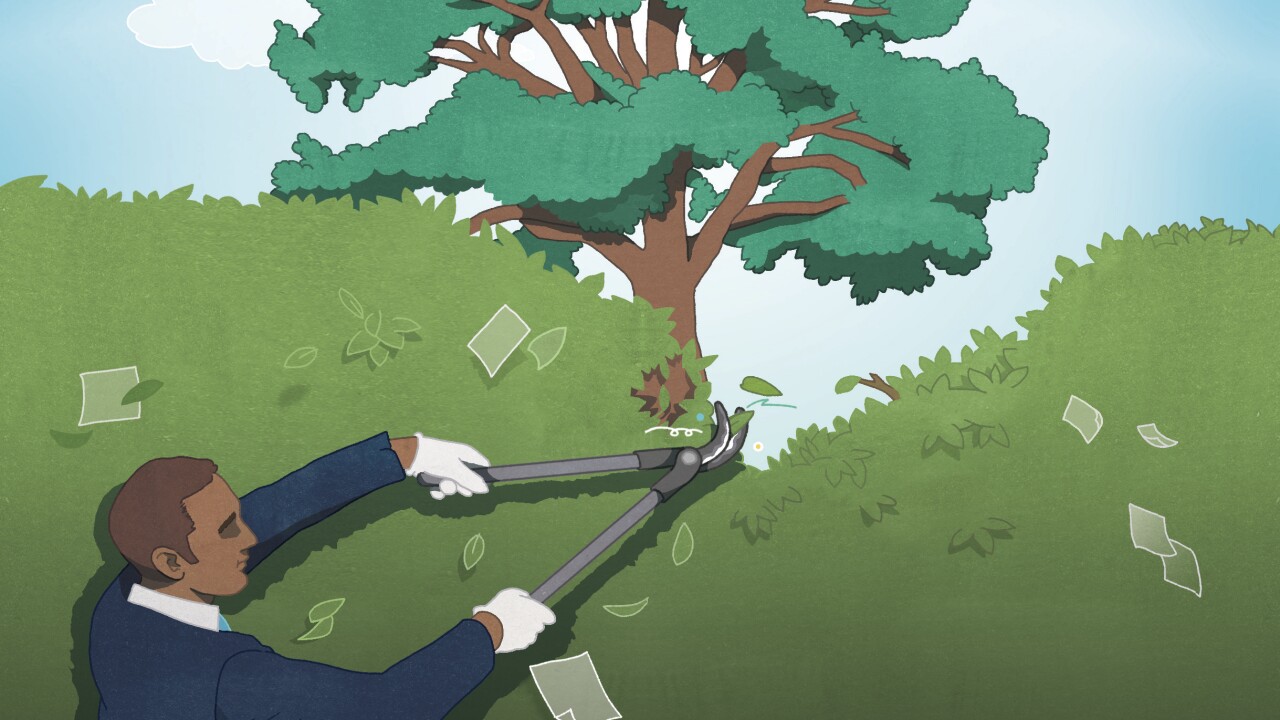The Internal Revenue Service is giving investors in opportunity zone funds relief from some of the requirements in the controversial program because of the COVID-19 pandemic.
Opportunity zones were ushered in by the Tax Cuts and Jobs Act of 2017 and provide substantial tax breaks to investors who develop projects in economically distressed communities, in some cases allowing them to defer capital gains taxes indefinitely. However, many of the initial projects under development have been in gentrifying areas that were already attracting substantial real estate investment and not in truly underprivileged communities. But now with the outbreak of the novel coronavirus pandemic, businesses across the country are facing pressure, including ones in cities that had become hot areas for development.
Last week, the IRS posted

Basically taxpayers who sold property for an eligible gain and who would have had 180 days to invest in a QOF to defer that gain, may have additional time. Notice 2020-39 provides that if a taxpayer’s 180th day to invest in a QOF would have fallen on or after April 1, 2020, and before Dec. 31, 2020, the taxpayer now has until Dec. 31, 2020 to invest that gain into a QOF. (The 180th day for some of these taxpayers was already postponed through July 15, 2020, under Notice 2020-23.) In addition, the notice says the period between April 1, 2020, and Dec. 31, 2020, is suspended for purposes of the 30-month period during which property may be substantially improved.
The guidance also says that, due to COVID-19, a QOF’s failure to hold less than the 90 percent of its assets in Qualified Opportunity Zone Property on any semi-annual testing dates from April 1, 2020, through Dec. 31, 2020, is due to reasonable cause under section 1400Z-2(f)(3) of the Tax Code and such a failure doesn’t prevent the entity from qualifying as a QOF or an investment in a QOF from being a qualifying investment. Thus, the QOF won’t be liable to face the statutory penalty under section 1400Z-2(f) due to such a failure during that period of time.
For Qualified Opportunity Zone business projects that meet the requirements of the 31-month working capital safe harbor under the final regulations, the notice reminds taxpayers that, due to the coronavirus, these projects have up to an extra 24 months in which to spend their working capital.
The notice also points out to taxpayers that due to COVID-19, QOFs that received distributions of QOF stock or partnership interests as a return of capital or realized proceeds from a sale of that stock, partnership interest or qualified opportunity zone property have an extra 12 months in which to reinvest those amounts in the manner intended before the pandemic.
Real estate investors were mostly pleased with the extra tax relief from the IRS.
“The IRS delay was a welcome surprise, and gives investors and their accountants time to return to normalcy and find their footing after such a tense environment,” said Dan Terlep, senior managing director at Cresset Partners, which has been developing projects in opportunity zones (
He believes that many more areas will need economic redevelopment. “Unemployment is coming down, but the economic data is extremely sobering and it will take time to return to normal,” said Terlep. “Many neighborhoods will be severely impacted and require tremendous support, and with the government’s balance sheets stretched as far as they are, there’s limits to what they can do. QOZs are a true public-private partnership that will add significant social and economic impact to areas and industries that need support. Encouraging investments in distressed areas is a good thing in any environment, and that’s especially true now.”
Steven Meier, who chairs the law firm Seyfarth's corporate department, also welcomed the tax relief provided by the IRS, but he would like to see further flexibility. “This is all very positive news,” he said in a statement last week. “What Notice 2020-39 does not deal with, however, is whether the ‘written plan’ used by a Qualified Opportunity Zone business to comply with the Working Capital Safe Harbor is still required to be effectuated in a manner ‘substantially consistent’ with the original written plan as required under the Opportunity Zone regulations, or whether a greater degree of deviation from the original written plan is allowable in light of the market upheaval that has arisen from COVID-19. This is especially relevant for QOZ projects that had meaningful hospitality elements (hotels, restaurants, entertainment facilities) for which transaction execution is in material peril due to the impact of the COVID-19 pandemic on those business sectors.”
Opportunity zones are an updated form of an older federal program known as empowerment zones, but without as big a tax break as opportunity zones. They were established in 1994 to encourage more private investment in economically distressed areas, like the opportunty zones in the 2017 tax law. Empowerment zones are still around, and on Thursday the IRS issued





